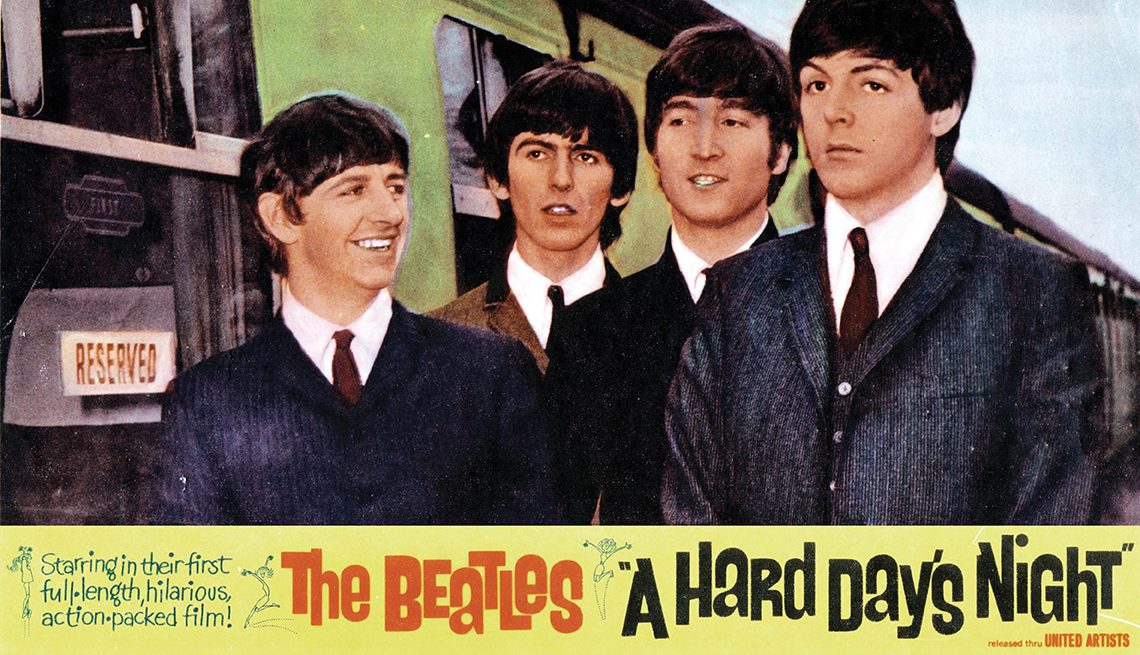
7 Songs That Inspired POWs and Helped Them Survive
- Select a language for the TTS:
- UK English Female
- UK English Male
- US English Female
- US English Male
- Australian Female
- Australian Male
- Language selected: (auto detect) - EN
Play all audios:

‘LAND OF HOPE AND GLORY’ (EDWARD ELGAR) In 1943, Nesta James, an Australian nurse who had been captured fleeing Singapore, was among those in a choir that the POWs had formed in a Japanese
jungle prison camp. Among the songs they sang was “Land of Hope and Glory,” the British patriotic classic that begins: “Land of Hope and Glory, Mother of the Free, How shall we extol thee,
who are born of thee?” The writer Heather Morris, author of the new novel _Sisters Under The Rising Sun_ that tells the story of the choir, explained: “Together they wrote music, trained a
choir, an orchestra of voices that wove magic throughout the camp and melted away the pain and suffering, brought joy to the heart, tears to the eyes, beauty long denied to the prisoners.”
‘THE YELLOW ROSE OF TEXAS’ (TRADITIONAL) In the winter of 1971, the North Vietnamese broke up a church service being held by prisoners in the Hanoi Hilton. As a show of defiance, the POWs
sang “The Star-Spangled Banner” and moved on to “Battle Hymn of the Republic” and “Onward Christian Soldiers.” After exhausting their repertoire of patriotic and Christian songs, the POWs
sang state songs such as “California, Here I Come,” “Georgia on My Mind,” and “The Yellow Rose of Texas.” After being shot down on Oct. 12, 1972, Lt. Cecil Brunson was lying in his cell at
the Hanoi Hilton in solitary confinement and close to death from brutal beatings when he decided to whistle the “U.S. Air Force Song” and the “Tennessee Waltz” to identify himself to any
other American prisoners. He was delighted when the prisoner in the next cell whistled back with the “U.S. Navy Song” and “The Yellow Rose of Texas." In 2021, Brunson’s daughter Angela
wrote a University of Memphis doctoral thesis titled “Faith, Hope and Torture: Music in the Prisoner-of-War Camps of North Vietnam.” ‘HARD DAY’S NIGHT’ (THE BEATLES) The North Vietnamese
captors at the Hanoi Hilton would try to break the morale of American POWs by broadcasting anti-war songs using Hanoi Hannah, the propaganda mouthpiece from the Voice of Vietnam. According
to Angela Brunson, one POW struck back by managing to convince the camp authorities that “A Hard Day’s Night” was a “great anti-war song in the U.S.” When the prisoners heard Hannah
introduce the song, they roared with laughter.
